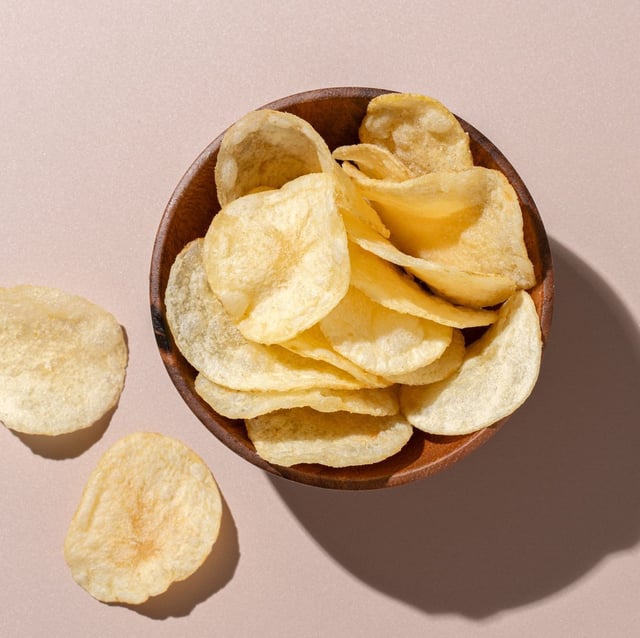Overview
- A Nature Medicine study of over 540,000 American adults found diets high in ultra-processed foods carried a roughly 10 percent greater risk of early death and elevated risks of type 2 diabetes, heart disease and colorectal cancer
- Ultra-processed items now account for about 70 percent of calories in the US diet and 56 percent of energy intake in Australia
- An Australian Appetite study revealed that most consumers misidentify ultra-processed foods based on packaging cues and lack a clear understanding of the NOVA categorization
- Australia’s nutrient-based Health Star Rating sometimes awards high scores to ultra-processed products, creating contradictory signals for shoppers
- The World Health Organization has urged reductions in ultra-processed food consumption and experts are calling for integrated labeling and public education campaigns to close the comprehension gap



